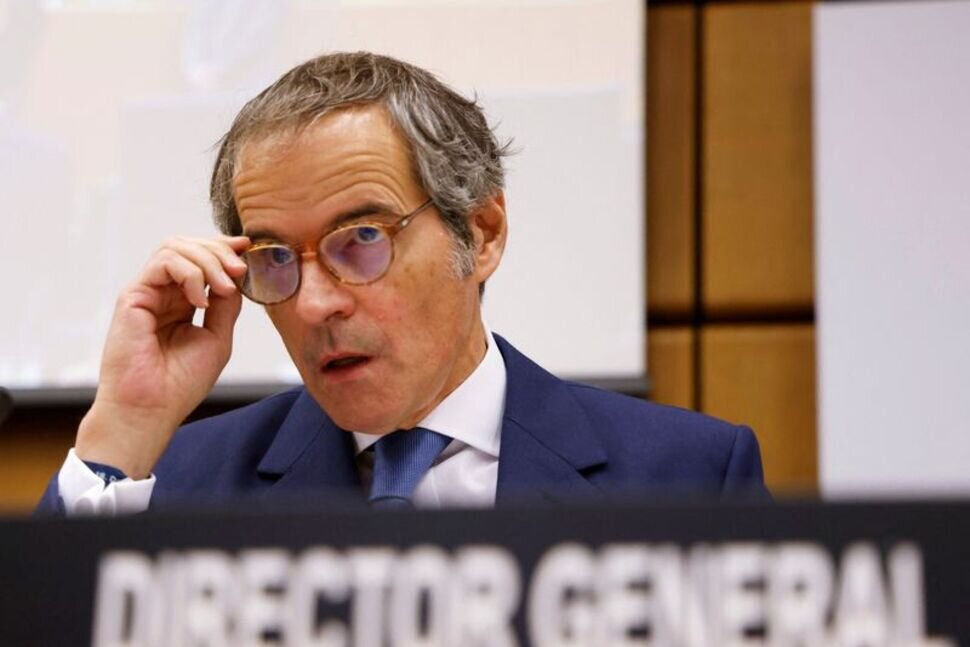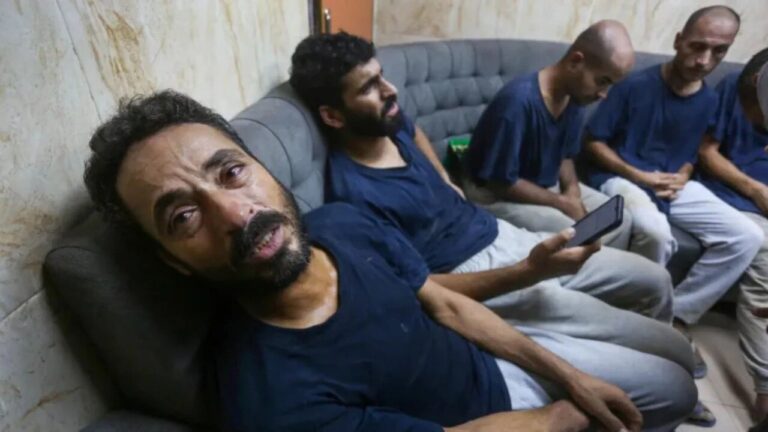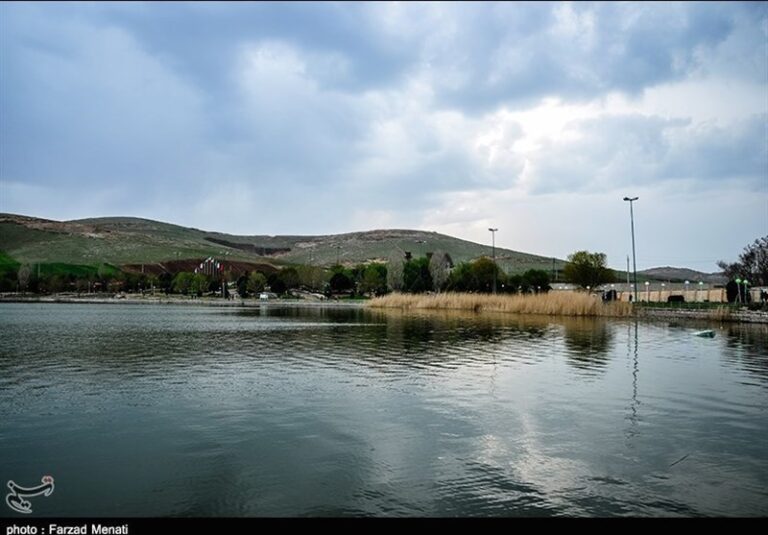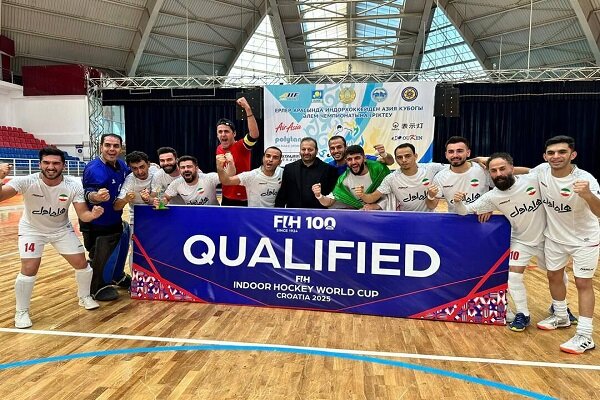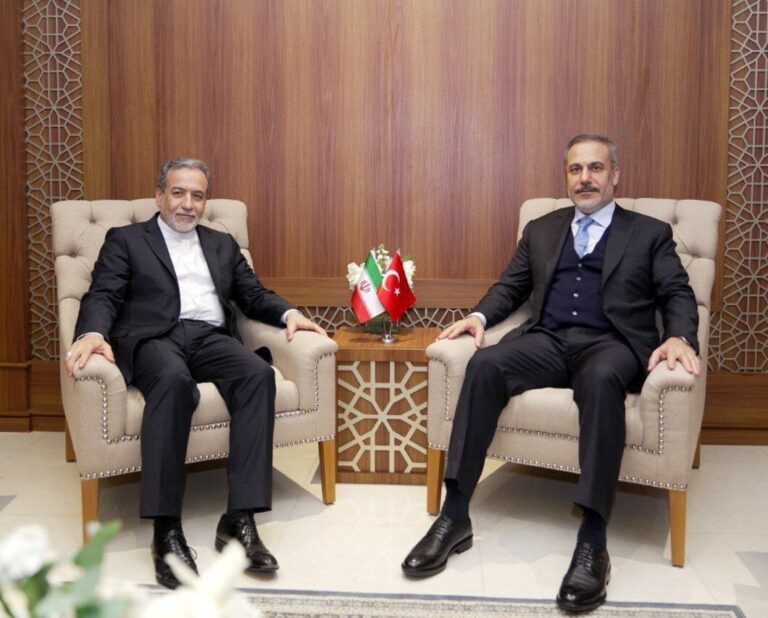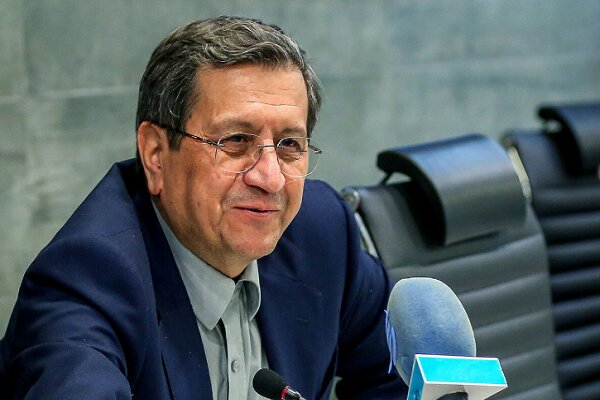IAEA Chief Declares Threats to Iran’s Nuclear Sites Unacceptable: A Call for Global Stability
The recent visit of Rafael Grossi, the Director General of the International Atomic Energy Agency (IAEA), to Iran highlights critical discussions surrounding nuclear safety and international relations. In a recent interview with the Islamic Republic of Iran Broadcasting (IRIB), Grossi addressed concerns regarding threats from Israel and the United States towards Iranian nuclear sites, emphasizing the importance of dialogue and cooperation.
During his two-day visit to Tehran, Grossi responded to questions about the perceived silence of the IAEA on these threats, firmly stating that he disagrees with such claims. He underscored the Agency’s long-standing position that any threats aimed at nuclear facilities are entirely unacceptable.
Grossi articulated several key points during the interview:
- Threats to Nuclear Facilities: The IAEA has consistently condemned any threats against nuclear sites, arguing that such actions exacerbate existing tensions and pose significant environmental risks.
- Need for Cooperation: He called for enhanced collaboration between Iran and the IAEA, stating that a cooperative approach is crucial for addressing nuclear safety concerns.
- Political Neutrality: Grossi rejected any notion that the IAEA adopts a political stance, reinforcing that its primary focus remains on nuclear safety and non-proliferation.
- Assurances from Iran: The Director General highlighted the necessity for Iran to continue providing reassurances regarding its nuclear activities, which is vital for maintaining international trust.
Grossi’s comments come at a time when tensions in the region are high, particularly due to rhetoric surrounding Iran’s nuclear program. The IAEA’s role is crucial in ensuring transparency and compliance with international nuclear agreements.
In his interview, Grossi reiterated the idea that military action against nuclear facilities could lead to disastrous consequences not just for the involved nations, but for the entire region and beyond. He stated, “Threats to target nuclear facilities are unacceptable, and such attacks not only worsen the existing problems but also lead to severe environmental consequences.” This statement underscores the IAEA’s commitment to promoting peace and stability through dialogue rather than conflict.
The Director General’s visit is part of a broader effort to engage with Iran on these vital issues. The IAEA has been actively working to monitor Iran’s nuclear program to ensure it remains peaceful and compliant with international regulations.
Here are some additional insights regarding the IAEA’s ongoing efforts and the significance of Grossi’s statements:
- Monitoring Nuclear Activities: The IAEA plays a critical role in monitoring nuclear programs worldwide, ensuring that nations adhere to their commitments under the Treaty on the Non-Proliferation of Nuclear Weapons (NPT).
- Promoting Peaceful Use of Nuclear Energy: The Agency advocates for the peaceful use of nuclear energy while preventing the proliferation of nuclear weapons.
- Facilitating Dialogue: By fostering dialogue between nations, the IAEA aims to reduce tensions and promote mutual understanding regarding nuclear issues.
- Addressing Environmental Concerns: The IAEA emphasizes the importance of considering environmental impacts when discussing nuclear safety and security.
Furthermore, Grossi’s visit signifies a potential shift towards more constructive engagement between Iran and the international community. As the geopolitical landscape evolves, the role of the IAEA becomes increasingly vital in mediating conflicts and ensuring compliance with international norms.
In conclusion, Rafael Grossi’s remarks during his Tehran visit highlight the necessity for ongoing dialogue and cooperation regarding nuclear safety. The IAEA’s position against threats to nuclear facilities underscores its commitment to global security and environmental stewardship. As tensions continue to rise in the region, the importance of diplomatic engagements, such as Grossi’s visit, cannot be overstated. The future of nuclear safety depends on the ability of nations to work together in a cooperative and transparent manner.
